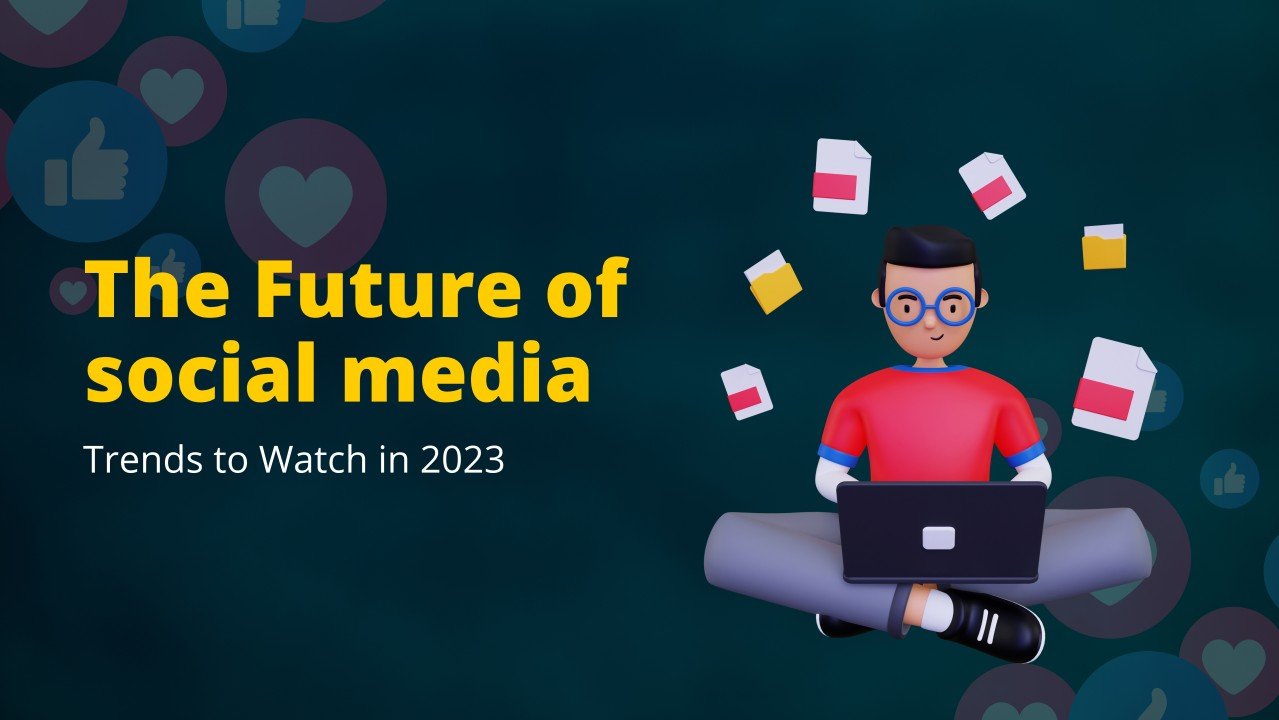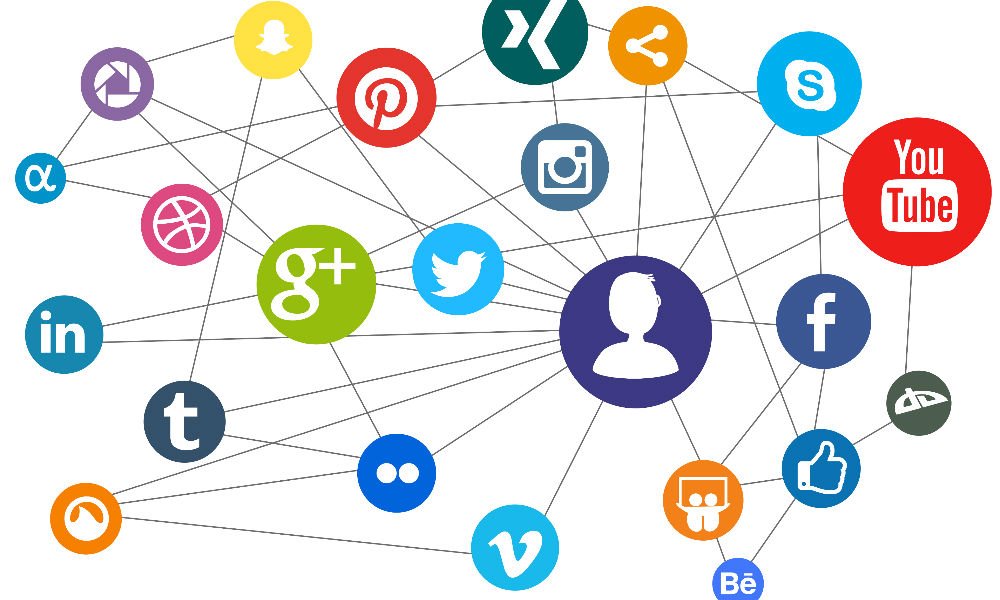Rise of Short-Form Video Content
Short-form video content has already proven to be one of the most popular forms of social media engagement, and this trend shows no signs of slowing down. Platforms like TikTok, Instagram Reels, and YouTube Shorts have set the stage for quick, digestible content that grabs users’ attention.
In the future, businesses will need to integrate short-form video into their marketing strategies. These videos allow brands to convey messages quickly, making them ideal for product launches, tutorials, or brand storytelling. To succeed, businesses must focus on creativity and authenticity while keeping content concise.
Increased Use of Augmented Reality (AR) and Virtual Reality (VR)
Augmented reality (AR) and virtual reality (VR) are poised to become major players in the social media landscape. AR filters on platforms like Instagram and Snapchat have already become widespread, allowing users to interact with branded content in a fun and engaging way.
As AR and VR technologies advance, businesses will be able to offer immersive experiences that blend the digital and physical worlds. From virtual try-ons to immersive brand experiences, these technologies will redefine how businesses engage with consumers and create new opportunities for personalized interactions.
Social Commerce Will Continue to Grow
Social commerce, the integration of e-commerce with social media, is becoming a dominant force in the online shopping world. Platforms like Instagram, Facebook, and Pinterest now offer in-app shopping features, allowing users to browse and purchase products without leaving the app.
As this trend continues, social media platforms will expand their shopping capabilities, and more businesses will embrace social commerce as a primary sales channel. Influencers will play an even greater role in driving purchases, with their endorsements leading to higher conversion rates. To keep up, businesses should focus on building seamless shopping experiences within their social media profiles.
The Shift to Niche Social Platforms
While giants like Facebook, Instagram, and Twitter will continue to dominate, niche social platforms are gaining traction. These platforms cater to specific communities and interests, offering users more personalized and focused experiences.
For businesses, this shift means exploring opportunities beyond mainstream platforms. By engaging with niche audiences on smaller platforms, brands can build more meaningful connections and foster loyalty among a dedicated user base. This trend also offers brands the chance to become early adopters and stand out in less crowded digital spaces.
Emphasis on Privacy and Data Security
In response to growing concerns about data privacy, social media platforms will prioritize transparency and user control over personal information. Future trends point toward stricter privacy policies and increased regulations, leading to a shift in how data is collected and used for advertising.
For businesses, this means adapting to a more privacy-conscious audience. Brands will need to rely on first-party data and build trust by being transparent about how they use consumer information. Companies that prioritize privacy and ethical data practices will be more likely to maintain customer loyalty and trust.

Expansion of Live Streaming
Live streaming is becoming a crucial tool for real-time engagement, and its popularity will only increase in the future. Platforms like Instagram, Facebook, YouTube, and TikTok offer live streaming features that enable businesses to interact with their audience in an authentic, immediate way.
Businesses can use live streams for product launches, Q&A sessions, behind-the-scenes looks, and collaborations with influencers. As live streaming technology improves, expect even more creative uses, from virtual events to interactive experiences where users can influence the content in real-time.
Artificial Intelligence and Chatbots
Artificial intelligence (AI) is playing an increasingly significant role in social media, especially when it comes to enhancing customer service through chatbots. AI-driven chatbots are becoming more sophisticated, providing instant responses to customer inquiries and improving overall user experience.
In the future, AI will also help businesses analyze user behavior, personalize content, and automate marketing campaigns. For businesses looking to stay ahead, investing in AI tools will be essential for streamlining customer service and delivering more targeted, relevant content.
User-Generated Content (UGC) Will Be More Valued
User-generated content (UGC) continues to be a powerful tool for building trust and credibility. Future social media trends suggest that brands will increasingly rely on UGC to foster authentic engagement and boost their reach.
By encouraging customers to share their experiences with a product or service, businesses can leverage organic content to build a community of brand advocates. As consumers continue to value authenticity, brands will focus more on highlighting real experiences and interactions with their products.
Conclusion
The future of social media is full of exciting possibilities, with trends like short-form video, AR, social commerce, and AI shaping how businesses engage with their audience. As social media evolves, businesses must stay flexible and open to new technologies and strategies. By embracing these trends, brands can enhance their presence, connect with consumers in innovative ways, and remain competitive in an ever-changing digital landscape.










